
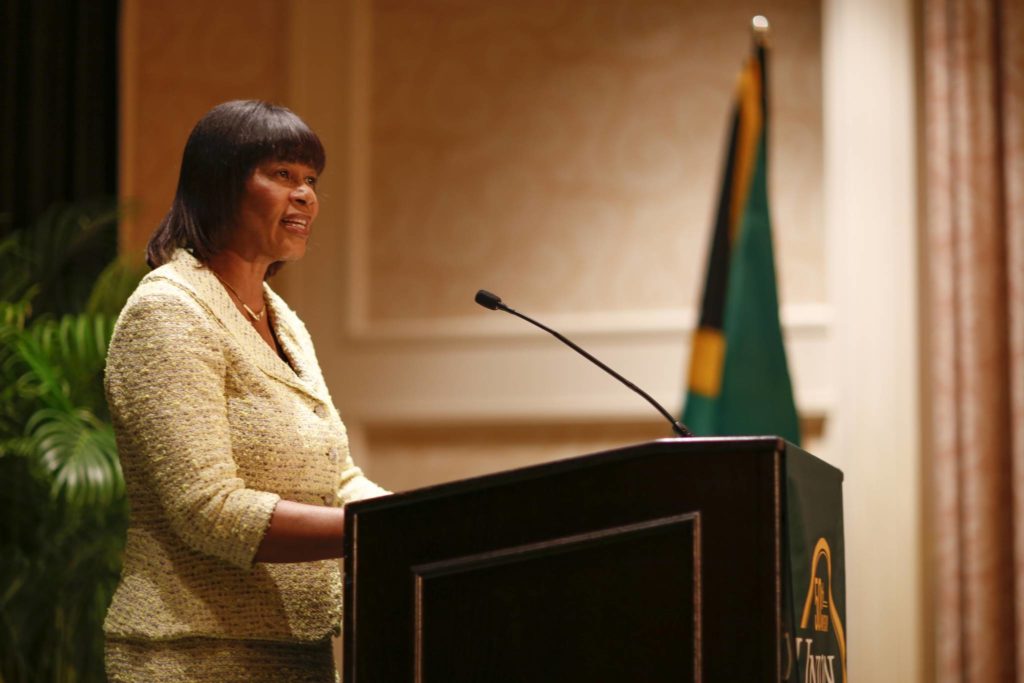
It was good of the Cuban Embassy to present one of Cuba’s most prestigious honours to retired Jamaican prime minister, Portia Simpson Miller, last week in Kingston.
What was even better, though, was the decision by Simpson Miller’s husband, Errald Miller, to give out information to journalists, for it to be passed on to the people of Jamaica and by extension, those in the global space, who kept fanning the flame of speculation in respect of her medical condition.
Portia left the political scene in 2017, after failing in her bid to lead the People’s National Party (PNP) to victory over the Jamaica Labour Party (JLP) in the 2016 general election.
The rumour mill was well-oiled into thinking that the likeable veteran politician had been suffering from memory lapses, usually associated with the brain anomaly, dementia. Her absence from post-retirement national events added further fuel to the machinery.
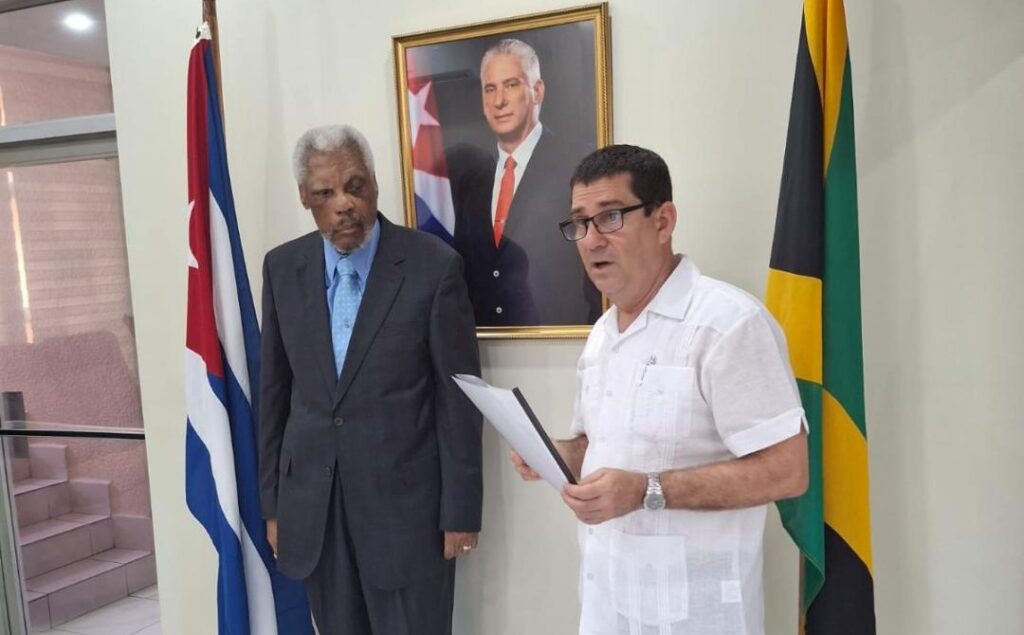
Now, Errald has come forward to confirm that, in fact, Jamaica’s first woman prime minister was going through something that most families dread. I can relate to that, as two close members of mine had to engage in such a battle, right up to their trip for that meeting with their maker.
What Errald did, in confirming that Portia had indeed been struck by dementia, was bold and honest. I applaud him, although there was an initial reluctance on his part to reveal much – something that is clearly understandable.
Portia remains my friend of over 40 years. I will never forget that evening in 1986, while I worked as a junior reporter at the Daily Gleaner, when she found that I, like her, was born on December 12. The twinkle in her eyes that were opened wide in amazement, and the kiss that followed, were unforgettable. It was the dawn of a new day for us, although at times I had to criticise some of the decisions that she made after she became minister in 1989, and later prime minister in 2006. But there was no malice. Every year, there was that rush to see which one of us would be first to call the other and deliver that birthday wish.
I was moved, emotionally, just talking about her with her husband, and knowing in the end that despite some amount of memory loss, she had been doing well, all things considered.
Errald’s confirmation should go far in highlighting dementia/Alzheimer’s disease awareness to the population. And, as Errald said, while he bravely went through with the interview, there is one medicine that is most appropriate in taking on the beast that dementia is – love. It is so reassuring that the people who are usually at home with her continue to shower her with the love that she has or had for the people of Jamaica. And that love crossed political borders.

I’m not sure that any other prime minister loved the Jamaican people as she did. Of course, Sir Alexander Bustamante, Hugh Shearer, and Michael Manley would have argued that claim had they been around, and PJ Patterson would point to practical achievements that serve to demonstrate that love on his part.
But a fully functional Portia was special. I have been hearing of a breakthrough treatment that would throw that disgusting disease in the scrap heap forever, and I hope that it will be patented soon and made available to patients… in Portia’s case, even before her 80th birthday later this year.
An overweight executive?
There was not much excitement expected from the naming of the Cabinet, and by extension the executive, by Prime Minister Holness last week. Familiar faces had to be back, it must be understood, but not enough was done to bring a revolutionary approach to the process, thereby putting people in place to drive the productive process.
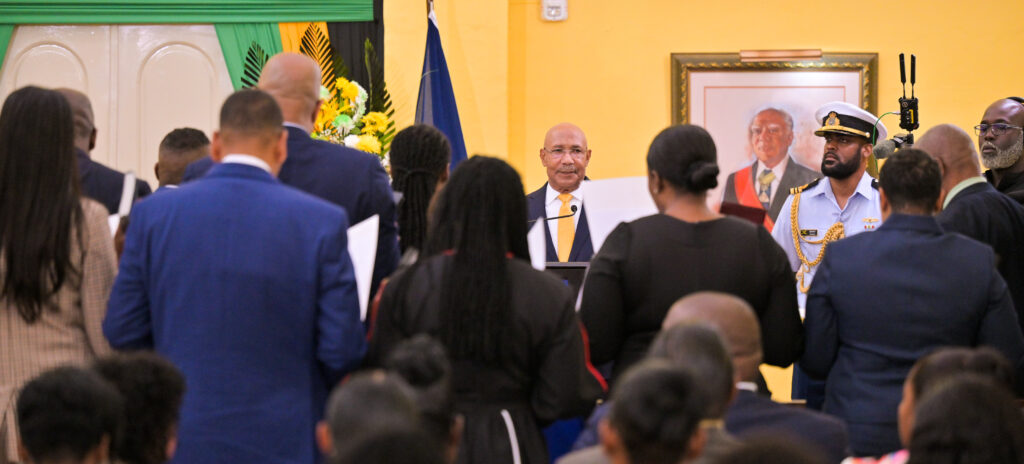
Two of the most glaring decisions were the retention of Dr Christopher Tufton at the Ministry of Health and Wellness, as well as Senator Aubyn Hill at Industry, Investment and Commerce.
I don’t know what it will take to see that health needs a major surgical procedure, and the man who is most responsible for patients suffering in the way they have been will not be able to make it better. It is clear as day that the health ministry needs someone with a medical background to drive the vehicle.
The retention of Matthew Samuda at the now clearly defined Ministry of Water, Environment and Climate Change; and Ed Bartlett at Tourism will make the administration’s task easier.
But it could have been so different, had the prime minister decided to take the bold step of projecting others who are full of energy, and ready to make a significant difference in political administration.
One example of that would have been to appoint Delano Seiveright to head the Industry, Investment and Commerce Ministry, as the young man in politics has demonstrated his brilliance in tourism and clearly has the energy and drive to attract investors to our shores.
Seiveright will have a difficult time trying to push things along, what with a major Hill, almost a mountain, standing in his way with bureaucracy.
Deputy Prime Minister Dr Horace Chang’s ministry is now National Security and Peace, which is irrelevant. A better move would have been to name it the Ministry of Public Safety.
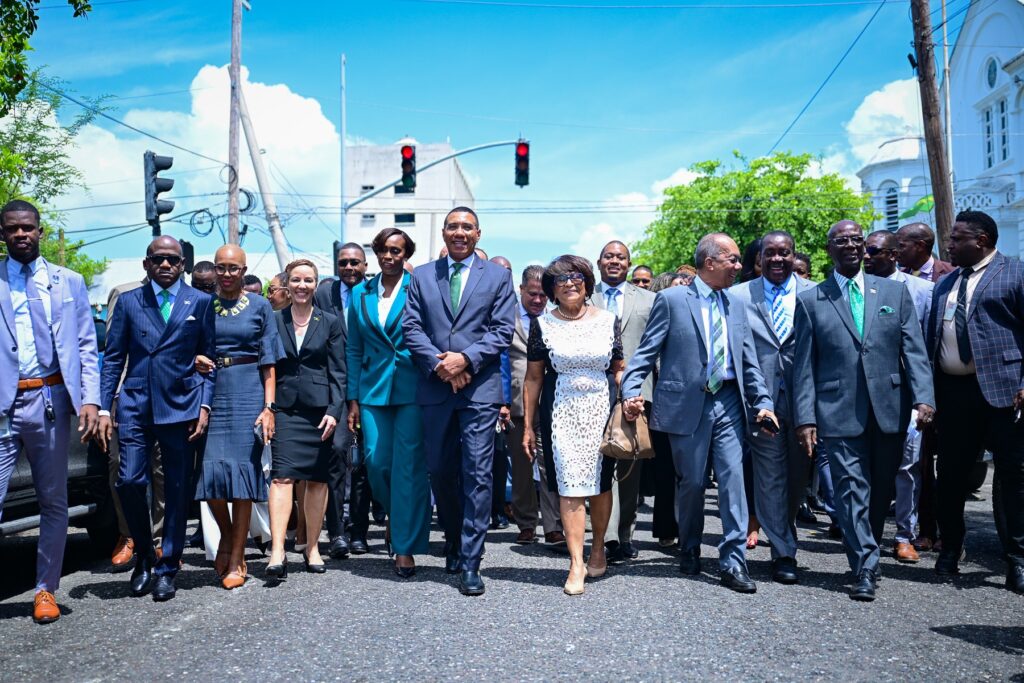
The executive seems to be quite elaborate, although, in reality, one has to understand that at a time like this, there will have to be jobs for the boys (and girls too).
There is no Marlene Malahoo Forte just yet, and I am not sure that the return of Bobby Montague and Dr Andrew Wheatley was the best move on the chessboard, without an explanation into past accusations or indiscretions, although both are full of energy and drive.
Kishane Thompson needs to reflect
So many people seem to be blaming Ryiem Forde for messing up the second baton exchange during the qualifying round of the men’s 4×100 metres relay at the World Athletics Championships in Tokyo, Japan, last Saturday. They should stop it.
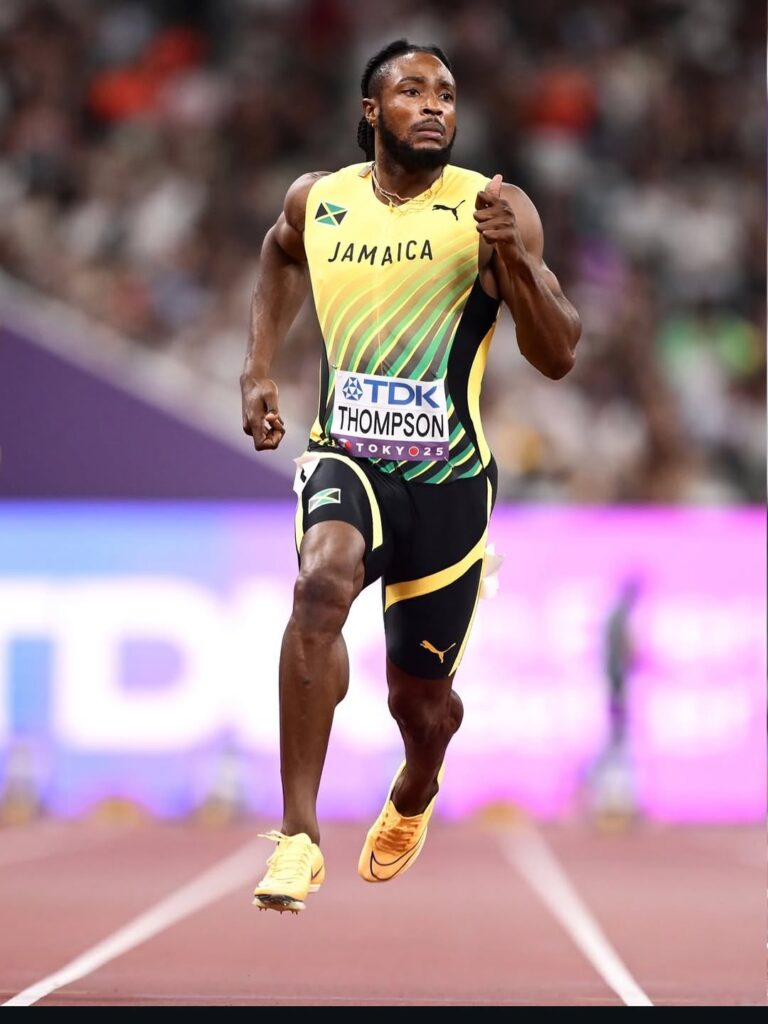
The real culprit was Kishane Thompson. It was the same Thompson who let himself down in the 100 metres when he, after enjoying the advantage for the greater part of the race, succumbed to a heroic effort by fellow countryman, Oblique Seville.
Last year too, during the Olympic Games held in Paris, France, Thompson did himself a huge disservice by allowing American showman Noah Lyles to beat him over 100 metres, when he was way ahead in the betting offered by all bookmakers, hustlers and conmen.
It was his fault that Jamaica blew a glorious opportunity to get closer to a World Championship relay gold, by simply taking off much too early for the final leg, leaving poor Forde with the impossible task of handing over a baton that would have brought glory to Jamaica.
Thompson has, for a long time, had a challenge with running through to the finish in races that he is the clear favourite to triumph. You can count on him for fast times on the one-race Diamond League circuit. Other than that, when he runs the rounds at international meets, he records a good time in the no-pressure heats, steps up a bit in the semi-final, but gets choked in the final, because his body does not respond, as it had been taught otherwise in training and preliminary races.
Sometimes I wonder if this is another Asafa Powell in our faces again – an unreliable postman who is often reluctant to deliver mail at the right address.
It is clear to me that Thompson needs a dose of psychiatric or psychological intervention, for he performs as if certain things are not right with him.
A day before the race, I suggested to a few friends that Thompson should not be Jamaica’s anchor man, as you really need a finisher whose overdrive in the crucial final metres of the race will be vital. Thompson does not have that kick. Seville does. Instead of anchoring, he should have run the second leg, or no leg at all. Speed in relays is not everything. Technique governing baton changing is also crucially important. So, if the coaches who pride themselves on being thinkers par excellence do not know that, then they should never have gone to Tokyo.
Those incidents of misjudgment cannot continue. People with basic common sense should lead the charge to correct those silly mistakes that Jamaica’s spring relays, in particular, have been making for too long.
Shelly-Ann’s silver lining
Well, it’s all over – the World Athletics Championships. World Athletics’ premier global event has again been characterised by spectacular action, and there are enough reasons for pride to flow.

Jamaica’s overall performance was decent. One gold medal could easily have been three, had the circumstances been different, but that’s the nature of sport.
From a Jamaican perspective, Oblique Seville’s 100-metre gold was the natural standout, but emotionally, I was moved to see Shelly-Ann Fraser-Pryce leaving the scene with a silver medal in the women’s 4×100 metres relay, to cap the career of Jamaica’s most outstanding woman athlete of all time.
The fact that Shelly won her first silver in that same event at the same stadium when her career started closer to two decades ago, and walked away with a similar medal when she has now drawn the curtains, says a lot.
Here is hoping that she will remain in athletics, perhaps as a coach, but as a long shot, she will also focus on the reshaping of the nation, and prepare herself for a move to politics not too far from now. She has it in her.




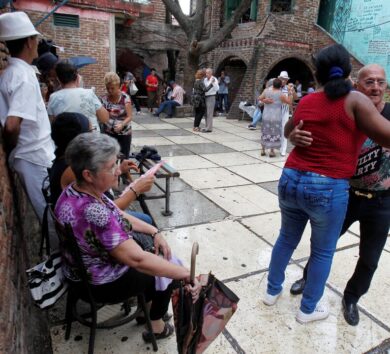
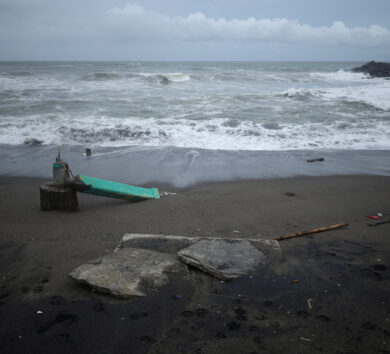

Comments